As many athletes already know, chia seeds are a great endurance enhancing food that helps increase energy levels, prolong hydration and aid muscle repair. Jodie Hart has written an article featured in Total Sports Nutrition magazine detailing all you need to know about chia and why so many athletes are continuing to use the seeds as a natural nutrition enhancer.
Check out her article below and thanks Jodie for writing such a great piece.
The Ultimate Seed of the Modern Day:
“I hate to call it a miracle food, but you could live on Chia” – Dr. Wayne Coates
What actually is a superfood? Taken literally, the term could suggest fare designed to make you superhuman. Various definitions exist around the world, but the general understanding of a superfood is that it provides health benefits beyond simple nutrition. Furthermore, it seems to provide numerous nutritional and health benefits that you would otherwise have to ingest multiple types of food for. We’ve witnessed a list as long as our arms in recent years of “superfoods” including the goji berry, wheatgrass, kombucha and the acai berry cropping up all over the world. Some have stuck around, some haven’t. Now is the time of the real heavyweight superfood; chia.
Also known as Salvia hispanica L., chia originates in Central America, circa 2600 B.C., where the Aztecs, Mayans and Native Americans used it as currency and offered it to their gods in ceremonies. The seeds were also used in medicine, consumed by elite athletes and warriors as a superior source of energy and endurance. In fact, it was said that Aztec ultra-athletes could survive days of grueling, intensely physical activities by consuming nothing more than a tablespoon of chia every few hours (1). The seeds were eaten alone or mixed with other grains, consumed as a beverage when combined with water, ground into flour, pressed for oil and used as a base for face and body paints. Its uses were endless.
The tiny black and white seeds have a mild, nutty taste and are a member of the mint family. A nutrient and protein-rich powerhouse, chia can help you lose weight, boost endurance and guard against an impressive range of serious health conditions, such as obesity, coronary heart disease, and diabetes. Dr Wayne Coates, or as he’s better known – the “Chia man” – has been studying this nutritional powerhouse for over 20 years, first discovering the seed in 1991. Dr Coates was among the first to grow chia experimentally, praising it for its endurance-enhancing effect. He developed the system currently used to harvest and clean chia seed.
When researching the nutrient profile of chia, Dr Coates and his team discovered that they contain a significantly high level of omega-3 fatty acids – 4 grams per 2-tablespoon serving – more than any plant based source. In fact, chia contains Alpha-linolenic acid, which is the only fatty acid that is essential. Omega-3 fatty acids are shown in studies to reduce inflammation in the body and help lower the risk of chronic diseases, including heart disease, cancer and arthritis. They are also a crucial nutrient for daily cognitive function (memory and performance), creating stable moods and helping to regulate behaviours.
To add to its superfood status, chia is loaded with antioxidants, fibre, protein, amino acids, vitamins and minerals. It contains more fibre than flax seed, and is a complete source of protein, used by the body to build and repair tissues, and to make enzymes, hormones and other body chemicals. “I hate to call it a miracle food, but you could live on Chia,” Dr Coates explains.
He also notes the reason why he brought it back to commercialisation. Simply put, chia has been a food for hundreds of years with no known issues. “Given its four main components, omega-3, fibre (soluble and insoluble), antioxidants and protein, it is a heart healthy, anti-inflammatory, healthy food,” he comments. “Chia can help with weight loss, diabetics find good benefits, is gluten free for coeliacs and a great source of high quality protein”.
Chia features heavily in the best-selling US book Born To Run, by journalist and extreme runner Christopher McDougall, as he seeks out the world’s most elite ultra-distance runners in order to learn their secrets. McDougall goes on a runner’s adventure to Mexico’s isolated Copper Canyon, to meet the Tarahumara tribe who run for hundreds of miles without fatigue – and enjoy it. “If you had to pick just one desert island food, you couldn’t do much better than chia,” McDougall write,
“At least if you were interested in building muscle, lowering cholesterol and reducing your risk of heart disease; after a few months on the chia diet, you could probably swim home”
The success of McDougall’s book has led to runners all around the world now regularly consuming this nutritional seed. In the US alone, 21 new chia products launched in 2011 and 13 in 2012. Six years earlier, barely anybody had heard of the superfood. “In terms of nutritional content, a tablespoon of chia is like a smoothie made from salmon, spinach and human growth hormone”
Ever considered swapping your regular sports drink for a chia alternative? In Dr Coates book, Chia: The Complete Guide to the Ultimate Superfood, launched earlier this year, he shows readers how to take full advantage of this versatile superfood. Packed with an encyclopedia of delectable nutritious recipes, healthy eating plans, training advice and nuggets of chia-based research; the book is a must-have for any superfood fanatic. Dr Coates highlights its health benefits for athletes and runners, “basically it is the soluble fiber that slows down digestion and hence gives more energy later in the day, run, bike, etc. Additionally, the omega3 and antioxidants are anti-inflammatory, so help with joint pain and muscle soreness”.
Whilst runners and elite athletes are pronounced fans of the seed, chia has also been dubbed a “dieters dream” because of its ability to absorb up to 10 times its weight in water. This prolongs hydration, making you feel fuller for longer, and aiding weight loss. It also shows the conversion of carbohydrates to sugars, which in turn helps people manage their blood sugar levels. Dr Coates continues, “chia can help with heart problems, help lower cholesterol, [ease] joint pain…we really do not know everything it can do yet”.
The future of chia is looking bright. With so many superfoods here today and gone tomorrow, Dr Coates genuinely believes chia is one to stick around. “It will [eventually] become a staple in many households around the world and be found in many [food] products. Really there is no end to the uses and the way it can be consumed”.
Chia seeds have a pleasant taste and crunch, making [them] easy to add to salads, baked goods, yoghurt, or tossed with rice. They can be purchased in whole form, ground, flour, or already prepared in tasty options like [snack bars, cereals and breads. Eat them raw, ground, roasted, gelled or baked (3). The simplest way to incorporate this powerhouse superfood into your diet is to sprinkle the seeds over salad or soup, spread onto toast, and to blend into a smoothie, but the list is endless.
Practical uses of chia:
- Energise your workout with a chia-infused sports drink (half chia, half Gatorade)
- Detox with a tasty ‘Green Super Smoothie’, a great way to dose up on fibre, vegetables and nutrients in a healthy, low-calorie drink
- Spoil yourself with a sweet treat or two. The ‘Chia Seed Muffin’ is a great grab-and-go breakfast snack, or for magnesium-rich chocolaty desert try the ‘Cacao-Chia Pudding’
- For veggies the ‘Chia Chipotle Bean Burger’ is high in protein and fibre, but low in fat
For more information on how chia seeds can help in your sports goals, check out Our Low Cholesterol Diet Plan.

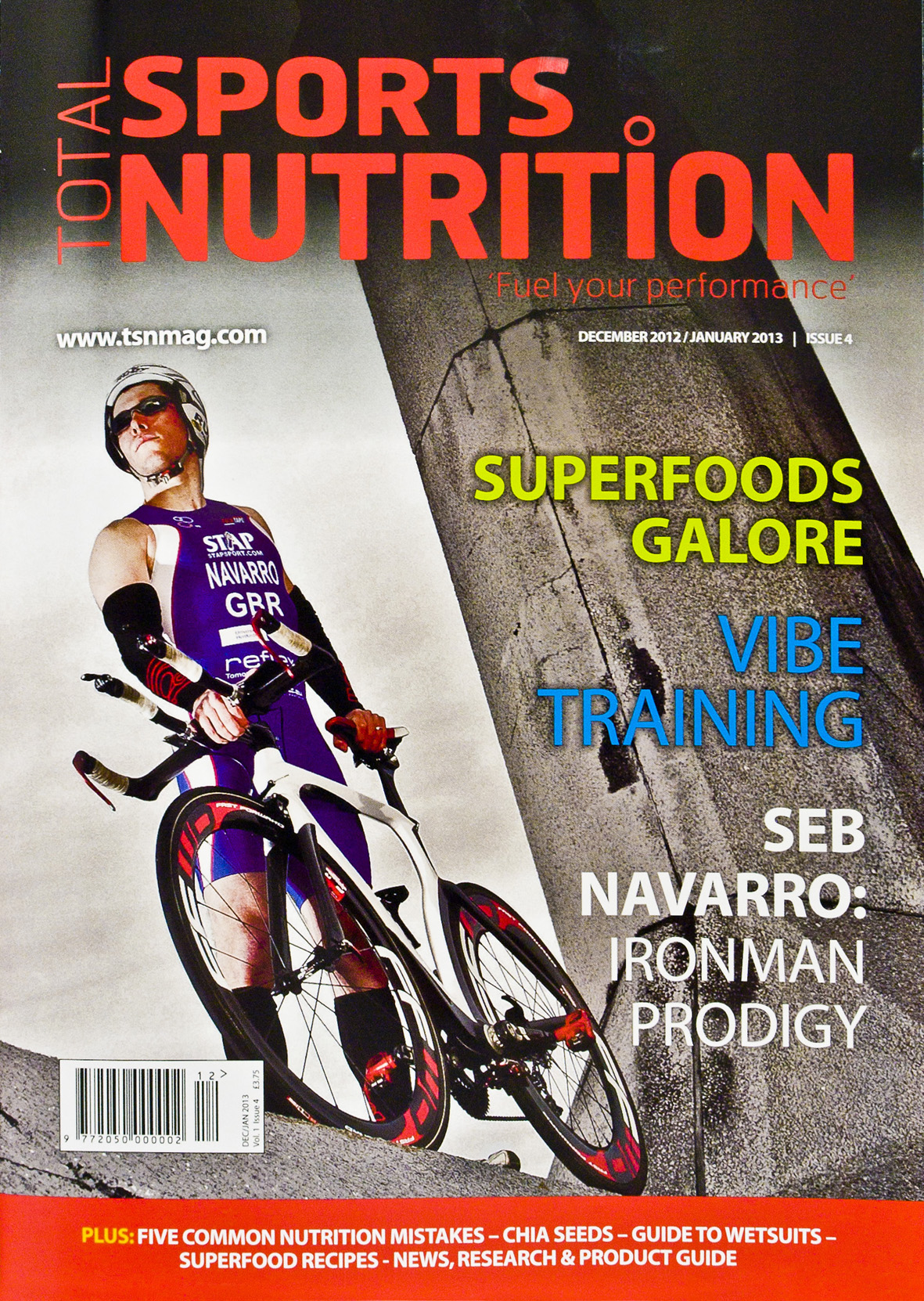
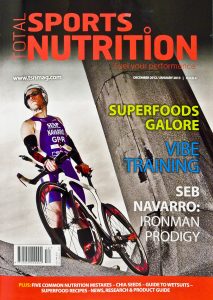
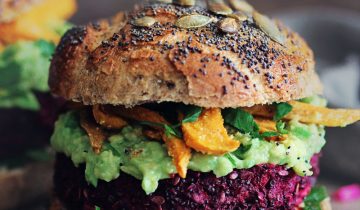
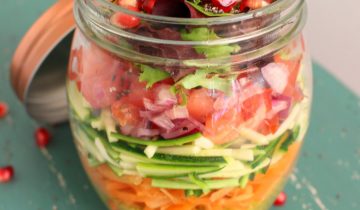
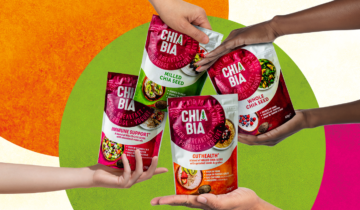
 No products in the cart.
No products in the cart.